How Much Does Egg Donation Cost in Mexico?

Egg donation in Mexico has become an increasingly popular option for both those looking to donate their eggs and individuals or couples seeking to build their families. Mexico offers a compelling combination of advanced medical facilities, experienced fertility specialists, and significantly more affordable prices compared to countries like the United States or Canada. This cost-effectiveness makes it an attractive destination for fertility treatment.
Whether you're considering becoming an egg donor or are an intended parent looking for a donor, understanding the financial aspects is crucial. This guide will break down the typical costs involved in egg donation in Mexico, including what donors can expect to receive as compensation and the overall expenses for recipients undergoing an IVF cycle with donor eggs. We'll also touch upon what these costs generally include and other factors that might influence the final price, helping you navigate your fertility journey with clarity.
How much compensation do egg donors receive in Mexico?
The compensation offered to egg donors in Mexico is designed to acknowledge the significant commitment and physical demands of the donation process. It covers various aspects, not just the eggs themselves, but the donor's time, multiple clinic visits, medication administration, and the retrieval procedure. While specific amounts can vary by clinic and the donor's individual qualifications (such as unique genetic traits or prior donation history), the general range provides a good estimate.
It's important for prospective donors to understand that this is a compensation, not a sale of eggs. Egg donation is viewed as an altruistic act, and the payment helps offset the inconvenience and potential discomfort associated with the medical procedures. Donors also benefit from comprehensive medical and genetic screenings, which provide valuable insights into their own health and fertility at no cost to them.
What is the total cost of IVF with egg donation for recipients in Mexico?
The cost of IVF with egg donation in Mexico is significantly lower than in many Western countries, making it a highly attractive option for fertility tourism. For comparison, the same procedure in the United States or Canada could easily cost upwards of $20,000 to $30,000 USD. The more affordable prices in Mexico are due to lower operating costs, favorable currency exchange rates, and a streamlined healthcare system, not a compromise on quality of care.
The price for egg donation IVF in Mexico often includes a comprehensive package that covers many of the essential steps involved. However, it's crucial to get a detailed breakdown from your chosen clinic as inclusions can vary. The overall cost will encompass the selection and screening of the egg donor, the donor's medical protocol and compensation, the IVF process itself (including fertilization and embryo creation), and the embryo transfer to the recipient.
What is typically included in the cost of an IVF with egg donation package?
While packages can vary, most reputable clinics in Mexico aim to provide transparent and comprehensive pricing for their IVF with egg donation programs. Here’s a typical breakdown of what you can expect to be included:
- Egg Donor Compensation: This is the payment made to the donor for their time and effort.
- Donor Screening and Medication: Extensive medical, genetic, and psychological screening of the donor, along with the fertility medications used to stimulate egg production.
- Egg Retrieval: The surgical procedure to retrieve eggs from the donor.
- Recipient's Endometrial Preparation: Medication and monitoring for the recipient to prepare the uterus for embryo transfer.
- IVF/ICSI Fertilization: The laboratory procedures where the donated eggs are fertilized with sperm (either partner's or donor sperm) using In Vitro Fertilization (IVF) or Intracytoplasmic Sperm Injection (ICSI).
- Embryo Culture: Growing the embryos in the lab to the appropriate stage (e.g., blastocyst).
- First Embryo Transfer: The procedure to transfer the resulting embryos into the recipient's uterus.
Some clinics may also include initial consultations, administrative fees, and a period of embryo cryopreservation (freezing) for any remaining embryos. Always ask for a detailed list of what is and isn't included to avoid surprises.
What factors can influence the total cost of egg donation in Mexico?
While the initial quoted price for IVF with egg donation in Mexico provides a good starting point, several elements can cause the final cost to fluctuate:
- Clinic Reputation and Location: Highly renowned clinics with state-of-the-art facilities and high success rates, especially in major cities like Mexico City, Guadalajara, or Cancun, might have higher fees. Clinics in smaller cities may offer more affordable prices.
- Fresh vs. Frozen Donor Eggs: Fresh donor cycles generally have higher initial costs due to the need for thorough screening and synchronization of cycles between donor and recipient. Frozen donor cycles often have lower initial costs and offer more convenience, providing a set number of eggs.
- Additional Procedures:
- Preimplantation Genetic Testing (PGT): If you opt for genetic testing of embryos (PGT-A for chromosomal abnormalities, PGT-M for specific genetic diseases), this will add a significant cost.
- Sperm Services: If you need donor sperm, this will be an additional expense.
- Additional Embryo Transfers: If the first embryo transfer is unsuccessful and you have cryopreserved embryos, subsequent transfers will incur additional fees.
- Assisted Hatching or other lab techniques: Advanced lab techniques might be extra.
- Medications for Recipient: While donor medications are usually included, the recipient's medications (e.g., hormones for uterine preparation) might be an extra cost.
- Travel and Accommodation: These are almost always excluded from the medical package and can add significantly to the overall expense, especially for international patients.
- Legal Fees: While Mexico has a permissive legal framework for egg donation, any specific legal consultations you seek would be an additional cost.
Always get a detailed, itemized quote from your chosen clinic and understand what exclusions apply to avoid any hidden costs for your egg donation in Mexico.
Is egg donation legal and regulated in Mexico?
Egg donation in Mexico operates within a generally permissive legal environment. Unlike some countries with highly restrictive laws, Mexico does not have specific federal laws that prohibit IVF treatments, egg donation, or other assisted reproductive technologies. This relative lack of specific national regulation, however, means that clinics often operate under broader health regulations and professional guidelines.
- General Health Law: The General Law of Health in Mexico governs aspects of medical practice, including the use of gametes (sperm and eggs) and ethical principles such as altruism (non-profit) and feasibility.
- Professional Oversight: Many clinics adhere to standards set by organizations like the Latin American Network of Assisted Reproduction (REDLARA), which provides guidelines for ethical and medical practices in the region. Leading clinics also pursue international accreditations (e.g., ISO, JCI) to demonstrate their commitment to quality and safety, similar to standards found in the US or Europe.
- Anonymity and Confidentiality: In Mexico, egg donation is typically anonymous and confidential, protecting the identity and privacy of both the donor and the recipients. This is a common practice aimed at preventing future legal or personal complications.
- Donor Screening: Reputable clinics follow rigorous screening protocols for donors, including medical, genetic, and psychological evaluations, to ensure their suitability and the health of any future children.
While the legal framework can be perceived as less stringent than in some nations, the ethical practices and medical standards upheld by professional clinics in Mexico are generally very high. It is always advisable to choose a well-established clinic with a strong reputation and transparent practices for your egg donation journey.
How does the cost of egg donation in Mexico compare to the USA or Canada?
The cost disparity is one of the primary drivers for individuals and couples considering fertility treatment in Mexico. The difference is significant, making it a viable option for many who might otherwise be unable to afford treatment in their home countries.
Here’s a comparison table:
- Lower Overhead Costs: Operational expenses for clinics, including rent, utilities, and staff salaries, are generally lower.
- Medical Malpractice Insurance: The cost of insurance for medical professionals is typically less.
- Pharmaceutical Costs: Medications for fertility treatment can be more affordable.
- Favorable Exchange Rates: The strength of currencies like the US dollar or Canadian dollar against the Mexican peso contributes to cost savings.
These factors allow Mexican clinics to offer highly competitive prices without necessarily compromising on the quality of medical care, technology, or expertise for egg donation or other fertility treatments.
Whether you are considering becoming an egg donor or seeking an egg donation IVF cycle, PlacidWay can connect you with leading fertility clinics in Mexico that offer transparent pricing and comprehensive care for your journey towards parenthood.


.png)

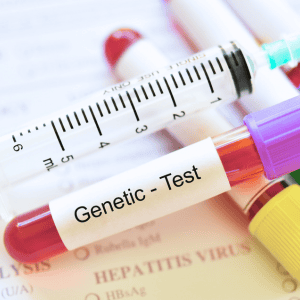


.png)
.png)

.png)
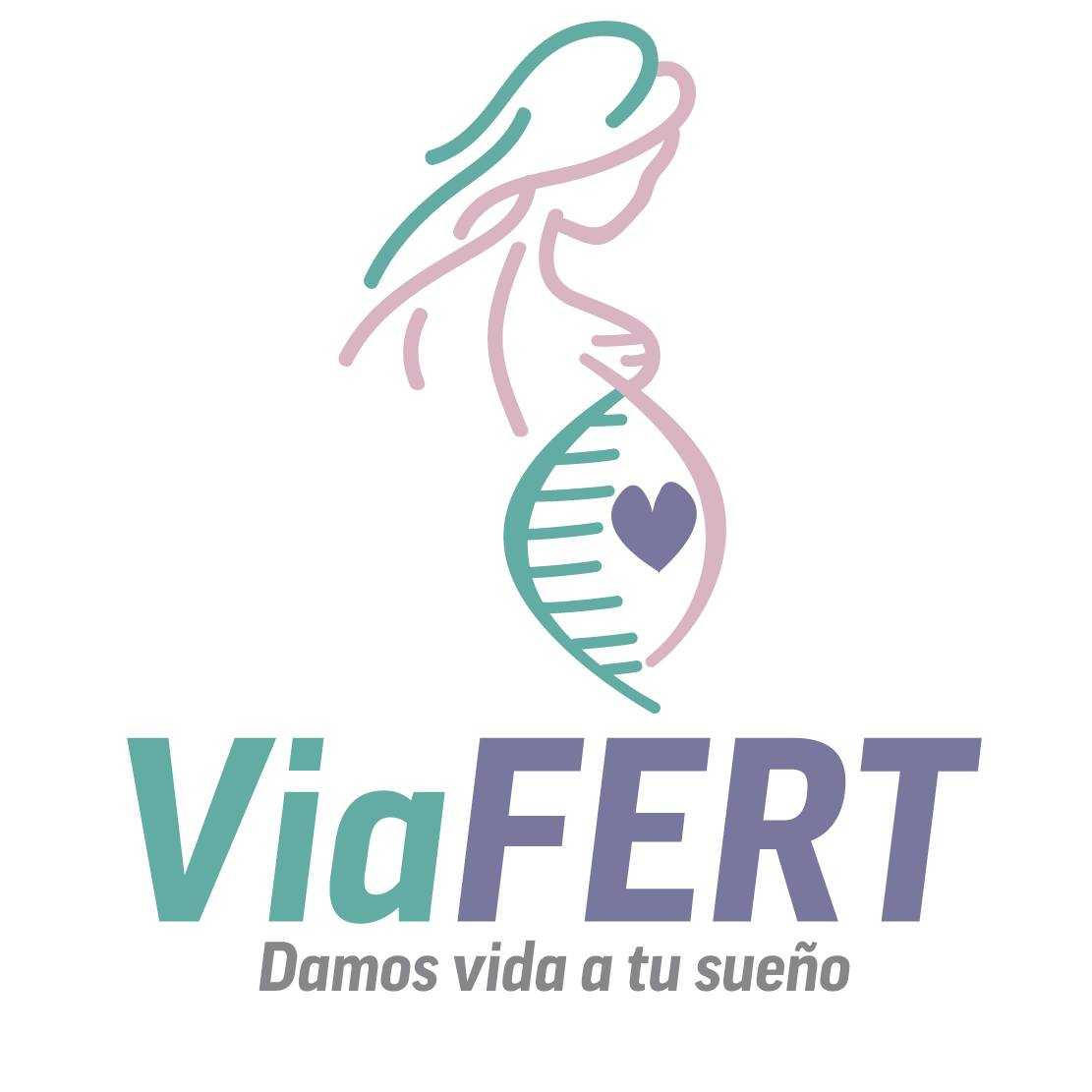
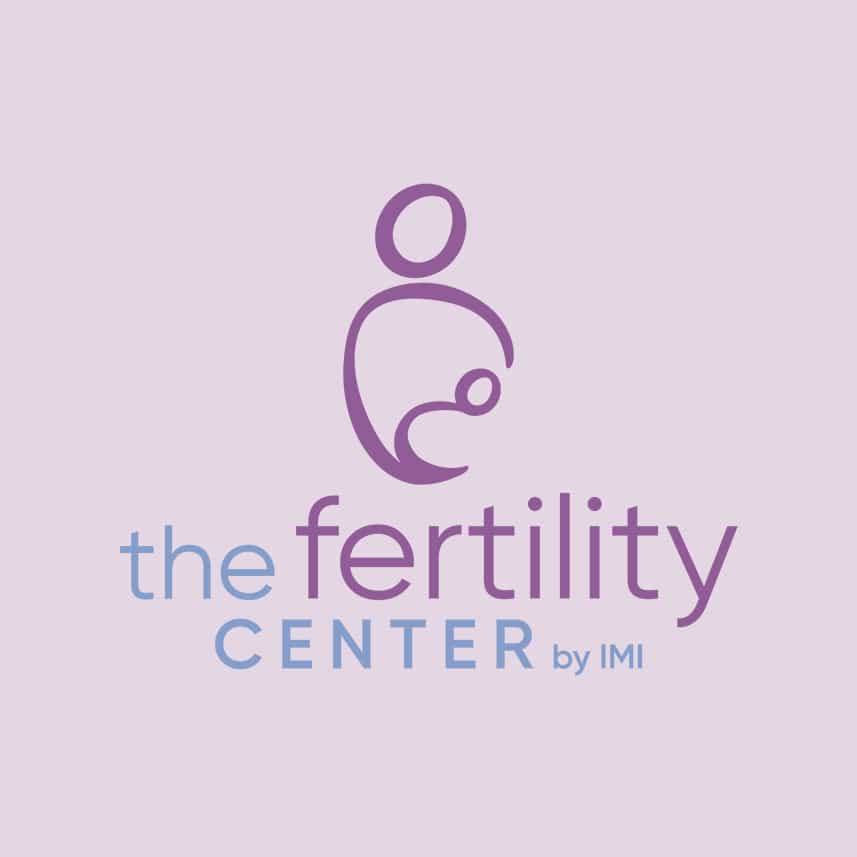
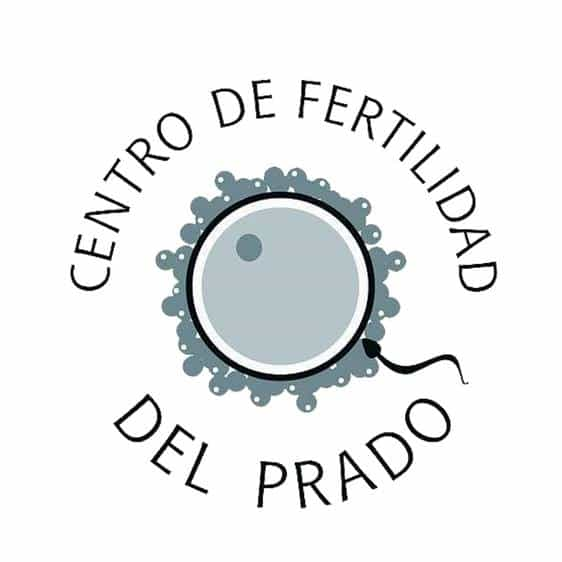
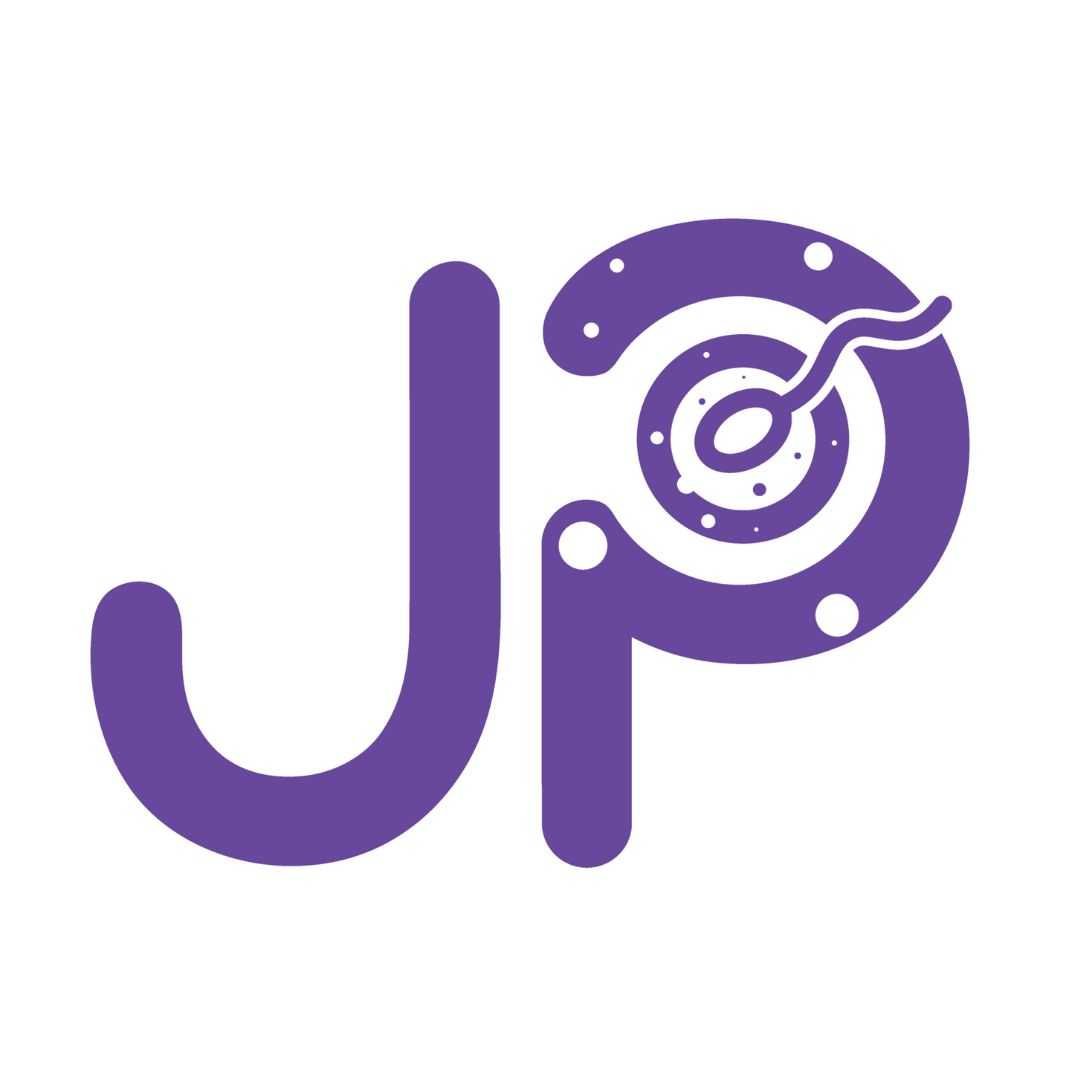
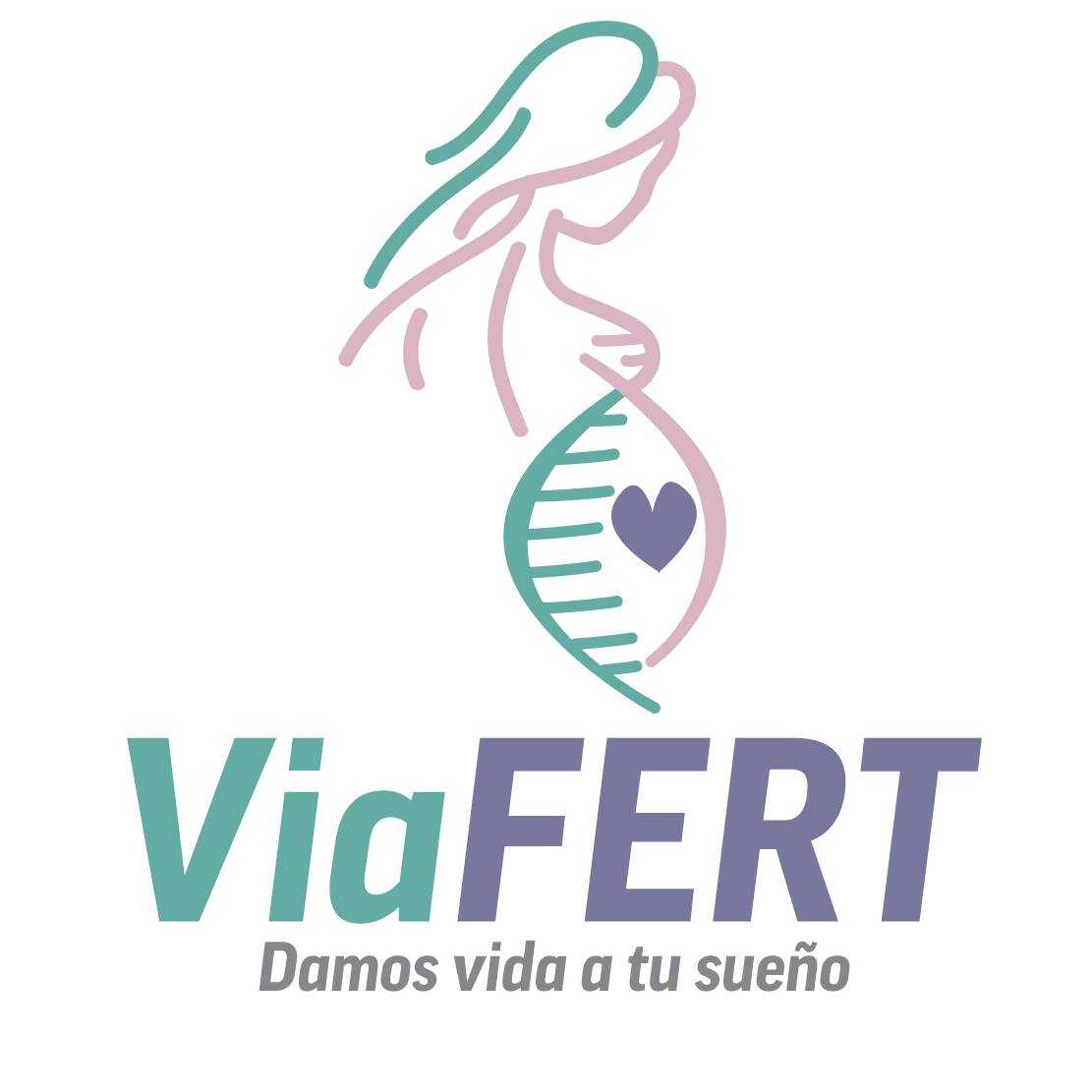

Share this listing